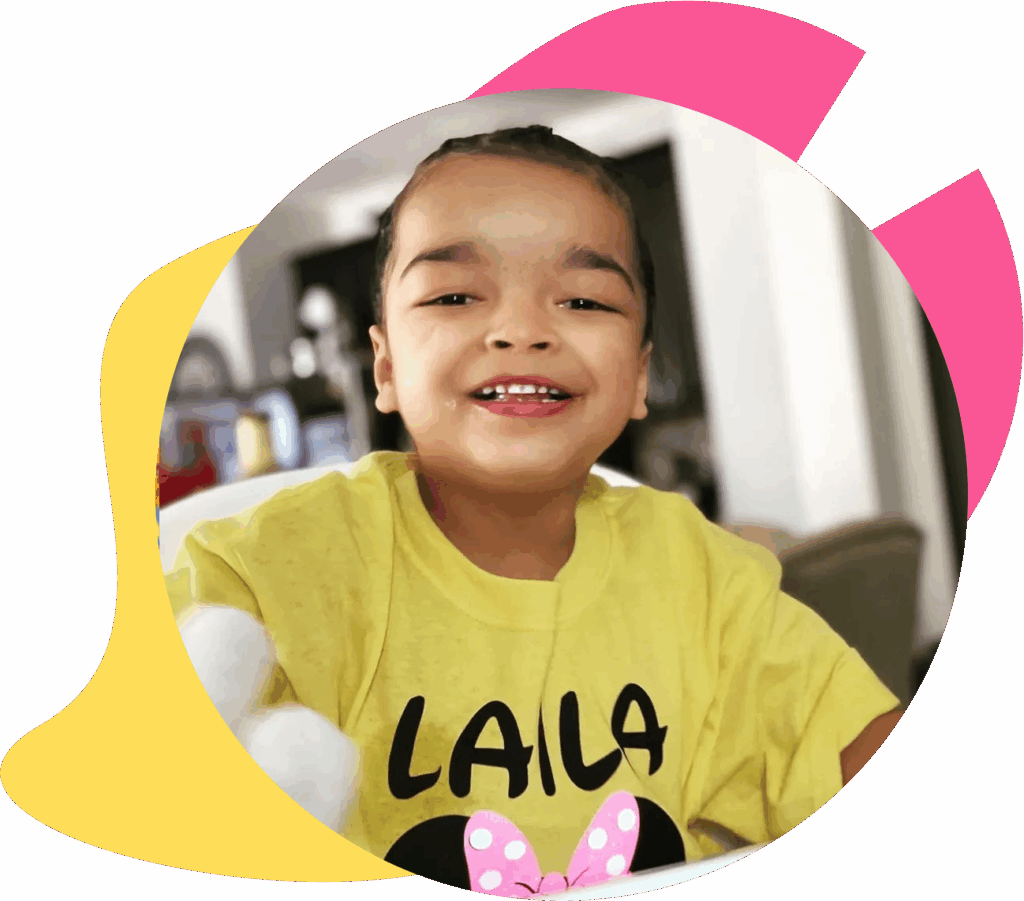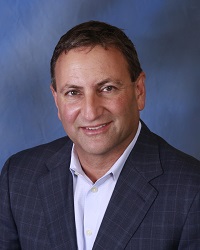The Cherish Every Beat campaign, led by Laila’s Gift, was created to support the life-saving research of Dr. Paul Grossfeld—research that is giving hope to children and families impacted by congenital heart defects.
This cause is deeply personal to us. When Laila was born with Jacobsen Syndrome, she also faced a serious congenital heart defect. Heart complications are the leading cause of fatalities in children with Jacobsen Syndrome. Fortunately, Laila under went surgery as an infant that corrected her defect, giving her the chance to grow, thrive, and inspire. But not every child has the same opportunity—continued research is essential for improving survival rates and outcomes for infants facing congenital heart conditions.
Through Cherish Every Beat, we are raising awareness and support so that every child born with a congenital heart defect has a better chance at life. Funds raised for this campaign go directly to advancing Dr. Grossfeld’s groundbreaking research and ensuring more families can celebrate the precious milestones that follow each heart beat.
Every beat matters. Every beat deserves to be cherished.


Laila lives with Jacobsen Syndrome, a rare genetic disorder that touches the lives of children and families across the nation. This page provides vital information about Jacobsen Syndrome, helping to raise awareness and understanding of this unique condition.
Jacobsen Syndrome, also known as 11 deletion disorder, is a rare genetic condition caused by the deletion of genetic material on the long arm of chromosome 11.
This condition affects approximately 1 in 100,000 newborns, with slightly more females diagnosed than males. Jacobsen Syndrome can lead to a variety of developmental delays, physical characteristics, and medical challenges, each of which varies from individual to individual.
The symptoms of Jacobsen Syndrome can be diverse and may include:
These can include speech delays, motor skill challenges, and cognitive impairments.
Individuals with Jacobsen Syndrome may have features such as wide-set eyes, a small jaw, or a broad nasal bridge.
Heart abnormalities are common and may require medical intervention as they are one of the leading causes of infant fatalities with Jacobsen Syndrome.
Many individuals have thrombocytopenia (low platelet count), which can lead to excessive bruising or bleeding.
Many individuals have thrombocytopenia (low platelet count), which can lead to excessive bruising or bleeding.
Some may exhibit traits associated with ADHD or autism spectrum disorder.

Our programs are designed to provide:
Emotional Support: Through our “Navigating Adversity” program, families can connect with others who understand their journey.
Inclusive Celebrations: Our “Celebrating Milestones” program ensures every child feels cherished on their special days.
Caregiver Resources: From our podcast, Caregiving Unboxed, to practical guides, we empower families with the tools they need.



Dr. Paul Grossfeld is a board-certified pediatric cardiologist and Professor of Pediatrics at the UCSD School of Medicine. In his clinical practice, he cares for patients with congenital heart disease, while also leading a research program focused on the genetic underpinnings of congenital heart defects. His primary research interest is in understanding the molecular and cellular mechanisms of Hypoplastic Left Heart Syndrome (HLHS), a fatal condition where the main pumping chamber of the heart fails to develop properly. HLHS is the leading cause of death among infants born with congenital heart disease.
Dr. Grossfeld’s research journey was inspired during his first month of pediatric cardiology training in July 1995 at UCSD, when he cared for a patient with defects affecting the left-sided structures of the heart, associated with a genetic condition called Jacobsen syndrome (JS). This pivotal moment led him to focus on HLHS, with the belief that studying JS could not only help these rare patients but also provide insights beneficial for the broader population, particularly those with HLHS. His work combines human genetics with genetically engineered animal model systems to identify critical genes, such as ETS1 and FLI1 on chromosome 11, which are implicated in HLHS and other congenital heart defects.
In addition to his work at UCSD, Dr. Grossfeld collaborates with experts across multiple institutions, including the Sanford-Burnham-Prebys Medical Discovery Institute, the Georgia Institute of Technology, and Rady Children’s Hospital of San Diego. Their combined efforts use cutting-edge technologies and animal models—ranging from fruit flies and zebrafish to frogs and mice—to study the pathogenesis of HLHS. These groundbreaking insights are already paving the way for personalized, precision medicine approaches for HLHS patients, marking a transformational step in the treatment of HLHS and related congenital heart defects.
Beyond his research, Dr. Grossfeld serves as the Chief Medical Advisor for both the European and U.S. Jacobsen syndrome support groups. He has brought together a team of experts to provide critical, life-saving information for families to share with their physicians. Additionally, Dr. Grossfeld is a cardiology consultant for the U.S. Olympic Volleyball program, where he has helped develop a comprehensive cardiac screening program for athletes.